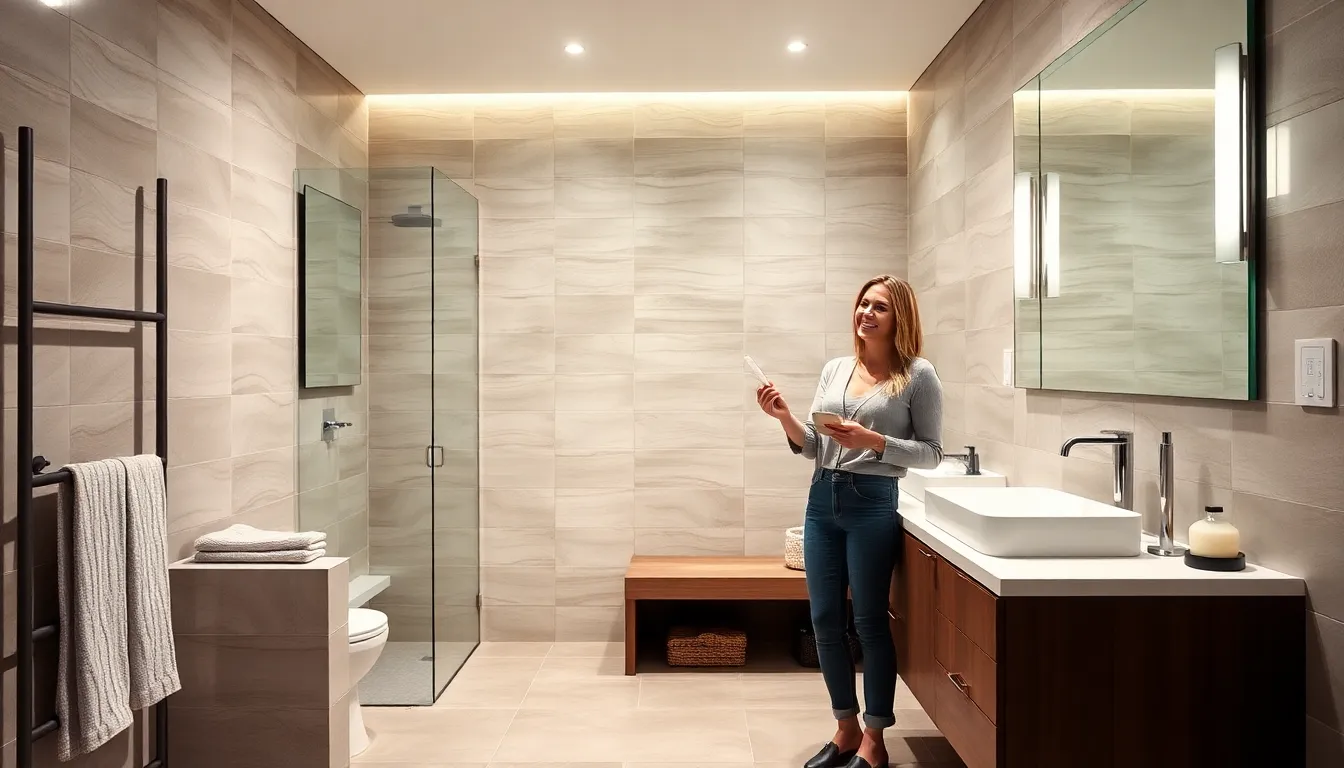Navigating the world of home insurance can feel like deciphering a foreign language. With all the jargon and fine print, it’s easy to get lost in the maze of coverage options. But fear not! Whether you’re a first-time homeowner or a seasoned pro, asking the right questions can save you from costly surprises down the road.
Table of Contents
ToggleUnderstanding Home Insurance Questions
Understanding home insurance requires clarity on several key questions. Homeowners often ask what types of coverage are included in their policies. Coverage typically includes dwelling protection, personal property protection, liability coverage, and additional living expenses. It’s crucial to differentiate between actual cash value and replacement cost when evaluating coverage options.
Many homeowners inquire about deductibles and how they affect premium costs. A higher deductible reduces premium amounts but increases out-of-pocket expenses during claims. Specific questions regarding policy limits also arise. Knowing the limits helps homeowners avoid underinsurance in case of significant damage.
Another common question pertains to exclusions and endorsements. Exclusions specify what isn’t covered and can vary by policy. On the other hand, endorsements add coverage for specific items or risks not included in the standard policy, such as personal jewelry or home-based businesses.
Many seek clarification on how claims processes work. Understanding what to expect when filing a claim can streamline the experience. Homeowners should ask about documentation and timelines involved in claim processing.
Pricing structures also prompt inquiries. Comparing quotes from multiple providers is essential for determining competitive rates. Knowing how factors like location, home age, and security systems influence premiums aids in understanding total costs.
Homeowners should also consider inquiring about discounts. Many insurers offer discounts for bundling home and auto insurance or for having security systems. Asking these questions ensures homeowners make informed decisions, ultimately leading to better protection for their assets.
Common Home Insurance Questions

Homeowners often have questions about their insurance policies. Understanding these common queries can enhance clarity and aid in making informed choices.
What Is Covered by Home Insurance?
Home insurance typically covers dwelling protection, personal property protection, liability coverage, and additional living expenses. Dwelling protection safeguards the structure of the home against hazards like fire or wind. Personal property protection addresses damage or theft of belongings inside the home. Liability coverage protects against legal claims if someone is injured on the property. Additional living expenses cover costs incurred while the home is uninhabitable due to a covered loss. Each policy may offer different levels of coverage, so reviewing the specifics is essential.
How Much Coverage Do I Need?
Determining the right amount of coverage involves evaluating various factors. Homeowners should consider the replacement cost of their home, including construction materials and current market value. It’s crucial to account for valuable items such as jewelry or artwork, which may require additional coverage. Assessing personal liability needs also plays a significant role in policy limits. Consulting with an insurance agent can help homeowners find appropriate thresholds based on their unique circumstances.
Factors Affecting Home Insurance Rates
Home insurance rates depend on several factors that can influence the overall cost of premiums. Understanding these variables helps homeowners make informed decisions.
Home Location and Environment
Location significantly affects home insurance rates. Homes situated in areas prone to natural disasters face higher premiums due to increased risk. Regions with higher crime rates also see elevated insurance costs. Proximity to fire departments or emergency services can make a difference; homes closer to these services typically benefit from lower rates. Additionally, the local building codes impact insurance rates as properties built with updated standards may lower risk and costs.
Home Safety Features
Safety features in a home directly affect insurance premiums. Homes equipped with security systems, such as alarms and surveillance cameras, often qualify for discounts. Fire safety measures, like smoke detectors, fire extinguishers, and sprinkler systems, can also lead to reduced rates. Upgraded electrical systems and reinforced roofs contribute positively as they minimize damage risk. Insurance providers evaluate these features during the underwriting process, incentivizing homeowners to enhance security for potential savings.
Filing a Home Insurance Claim
Filing a home insurance claim can seem daunting, but understanding the process simplifies it significantly. Knowing the right steps to take after experiencing a loss ensures homeowners receive the coverage due to them.
Steps to Take After a Loss
- Document the damage thoroughly with photographs and written descriptions.
- Notify the insurance company promptly, often within 24 hours.
- Fill out a claim form carefully, ensuring all details are accurate.
- Provide any requested documentation, such as police reports or receipts.
- Keep records of all communications with the insurer for future reference.
Following these steps ensures proper handling of the claim, enabling faster resolution.
Common Mistakes to Avoid
- Failing to report the loss quickly can negatively affect the claim.
- Overlooking thorough documentation may lead to delays or insufficient compensation.
- Ignoring policy exclusions can result in unexpected denials.
- Assuming coverage without checking the policy’s specifics is risky.
- Not asking for clarification on the claims process could lead to unresolved questions.
Avoiding these common mistakes helps streamline the claims process and ensures homeowners receive the full benefits of their policies.
Navigating home insurance doesn’t have to be overwhelming. By asking the right questions and understanding policy details, homeowners can secure the coverage they need without hidden surprises. It’s essential to evaluate coverage types and limits while considering factors that affect premiums.
Taking the time to compare quotes and consult with insurance agents can lead to better decisions and potential savings. Whether it’s about understanding exclusions or the claims process, being informed empowers homeowners to protect their assets effectively. With the right approach, they can ensure their homes are adequately covered and ready for whatever comes their way.




